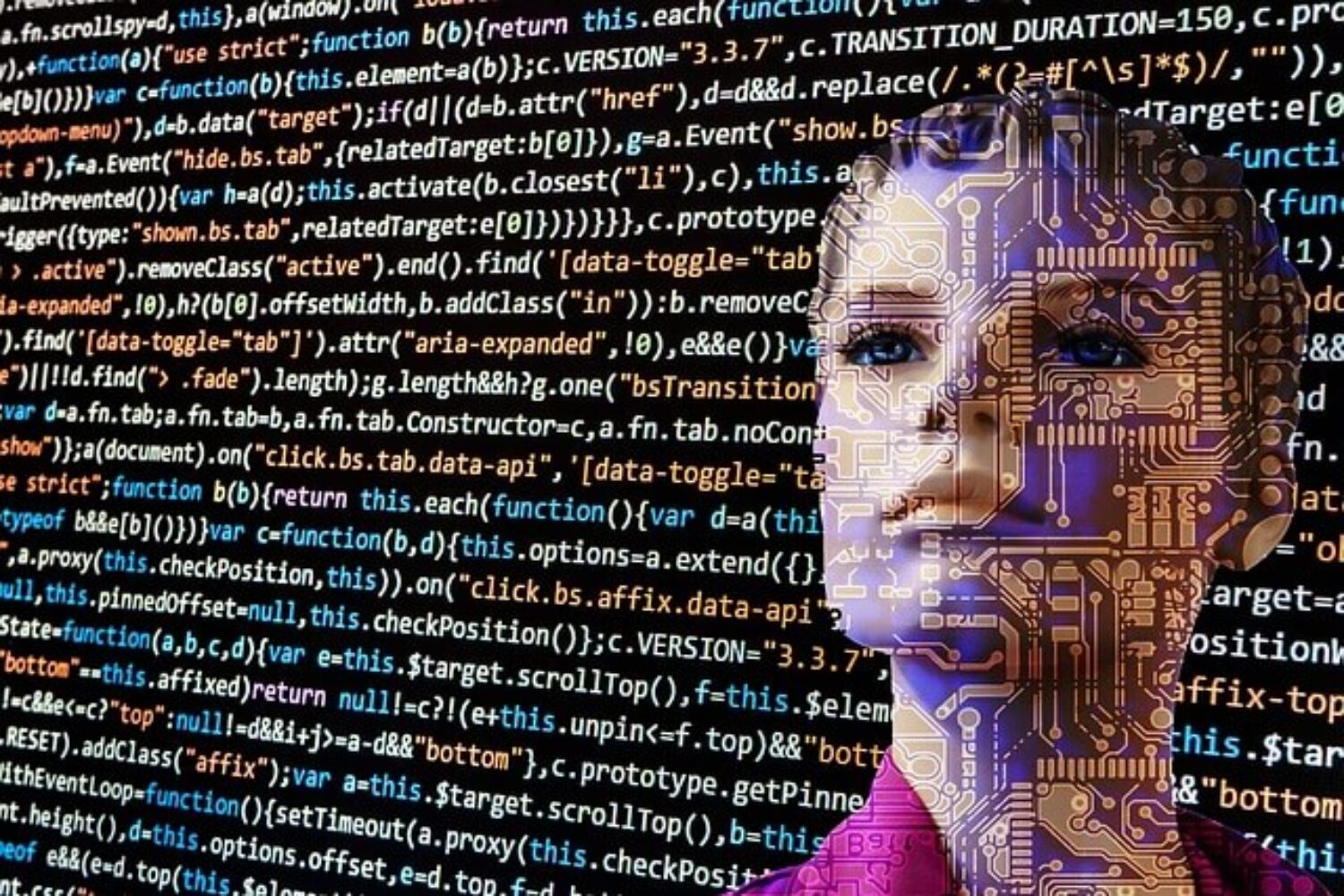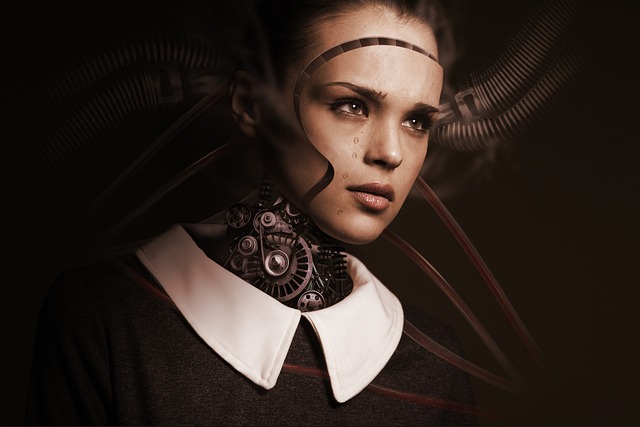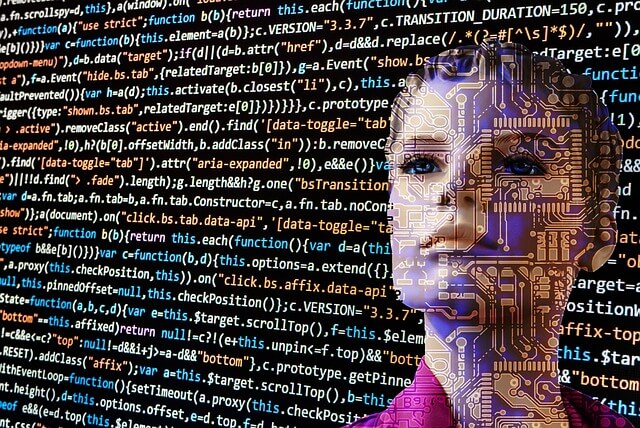Artificial Intelligence (AI) is a rapidly evolving field that has the potential to revolutionize the way we live, work, and interact with the world around us. From self-driving cars and virtual personal assistants to advanced robotics and sophisticated medical technologies, AI is changing the landscape of virtually every industry.
At its core, AI refers to the development of computer systems that can perform tasks that typically require human intelligence, such as visual perception, speech recognition, decision-making, and natural language processing. This is achieved through machine learning algorithms that allow these systems to continuously improve and become more intelligent over time.
One of the most promising applications of AI is in the field of medicine. AI-powered systems can help doctors diagnose diseases more accurately, predict the likelihood of certain medical conditions, and even assist with the development of new treatments and medications. For example, AI algorithms can analyze vast amounts of medical data, including medical images and patient records, to identify patterns and correlations that may not be apparent to human doctors.
Another key application of AI is in the field of customer service and support. AI-powered chatbots and virtual assistants can provide fast and efficient support to customers, 24/7, without the need for human intervention. These systems can help businesses improve customer satisfaction, reduce support costs, and increase efficiency.
The automotive industry is also being transformed by artificial intelligence. Self-driving cars, which are powered by artificial intelligence algorithms and sensors, have the potential to dramatically reduce accidents and improve traffic flow, while also providing a more convenient and accessible form of transportation. In addition, AI-powered systems can help improve the efficiency of manufacturing processes, reduce waste, and streamline supply chain management.
The retail industry is also being impacted by AI, as retailers use AI-powered systems to analyze customer data and improve their marketing and sales efforts. For example, AI algorithms can help retailers identify patterns in customer behavior and preferences, allowing them to personalize their marketing efforts and improve customer engagement.
One of the biggest challenges facing the widespread adoption of artificial intelligence is the need for high-quality data. In order for AI systems to be effective, they need access to large amounts of accurate, high-quality data. This is a particular challenge in areas such as medicine and finance, where privacy concerns and the complexity of the data make it difficult to obtain and use the necessary information.
Another challenge facing the AI industry is the need for advanced algorithms and technologies that can process and analyze data in real-time. This is crucial for applications such as self-driving cars and medical technologies, where speed and accuracy are critical.
Despite these challenges, the future of AI is incredibly promising, with new breakthroughs and advancements being made on a regular basis. As AI continues to evolve and mature, it has the potential to transform virtually every aspect of our lives, from healthcare and transportation to finance and retail.
In conclusion, AI is a rapidly evolving field with the potential to revolutionize the way we live, work, and interact with the world around us. From improved medical diagnosis and customer support to self-driving cars and efficient retail operations, the applications of AI are virtually limitless. Despite the challenges, the future of AI is incredibly promising, and we can expect to see continued advancements and breakthroughs in the years to come.
Another important aspect of AI is its potential to transform the job market and the way we work. While some experts predict that AI will lead to significant job losses, others argue that AI will create new jobs and opportunities in fields such as data analysis and software development.
For example, as AI systems become more prevalent in the workplace, there will be a growing demand for workers who can design, build, and maintain these systems. In addition, AI will likely create new job opportunities in fields such as data science, machine learning, and cybersecurity, as businesses look to protect their systems and data from malicious actors.
However, it’s important to note that not all jobs will be equally impacted by AI. Some jobs that involve repetitive, routine tasks, such as data entry and assembly line work, are likely to be automated and replaced by AI systems. On the other hand, jobs that require human skills, such as creativity, empathy, and critical thinking, are less likely to be replaced by AI in the near future.
In order to prepare for the future of work in the age of AI, it’s important for workers to focus on developing their skills in areas that are less likely to be automated. This includes developing expertise in fields such as data analysis, software development, and digital marketing. In addition, workers should also focus on building their soft skills, such as critical thinking, communication, and collaboration, which are less likely to be automated.
Another important consideration when it comes to the impact of AI on the job market is the need for ethical considerations and regulations. As AI systems become more advanced, there is a growing need for ethical guidelines and regulations that can help ensure that these systems are developed and used in a responsible and ethical manner.
For example, there is a growing concern about the potential for AI systems to perpetuate and amplify existing biases and discrimination. To address these concerns, it’s important to ensure that AI systems are developed and trained on diverse and inclusive data sets, and that they are subject to regular audits and evaluations to ensure they are functioning in an ethical and unbiased manner.
In conclusion, AI has the potential to transform the job market and the way we work, creating new job opportunities while automating others. In order to prepare for this future, workers should focus on developing their skills in areas that are less likely to be automated, and on building their soft skills, such as critical thinking and communication. At the same time, it’s important to ensure that AI is developed and used in a responsible and ethical manner, through the implementation of ethical guidelines and regulations.





